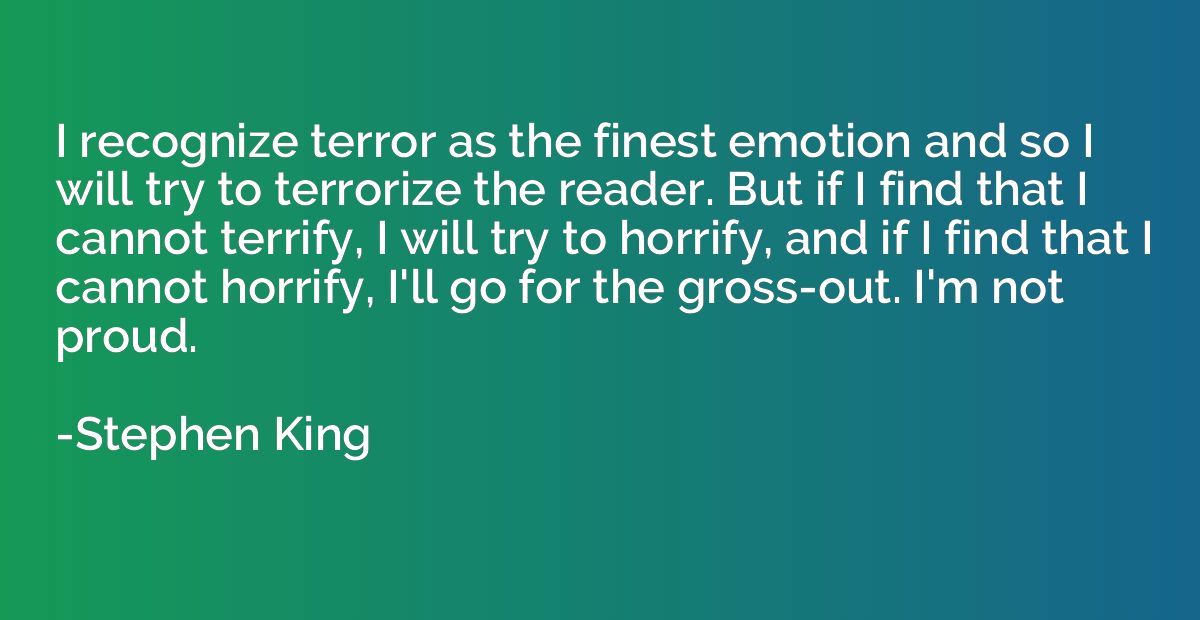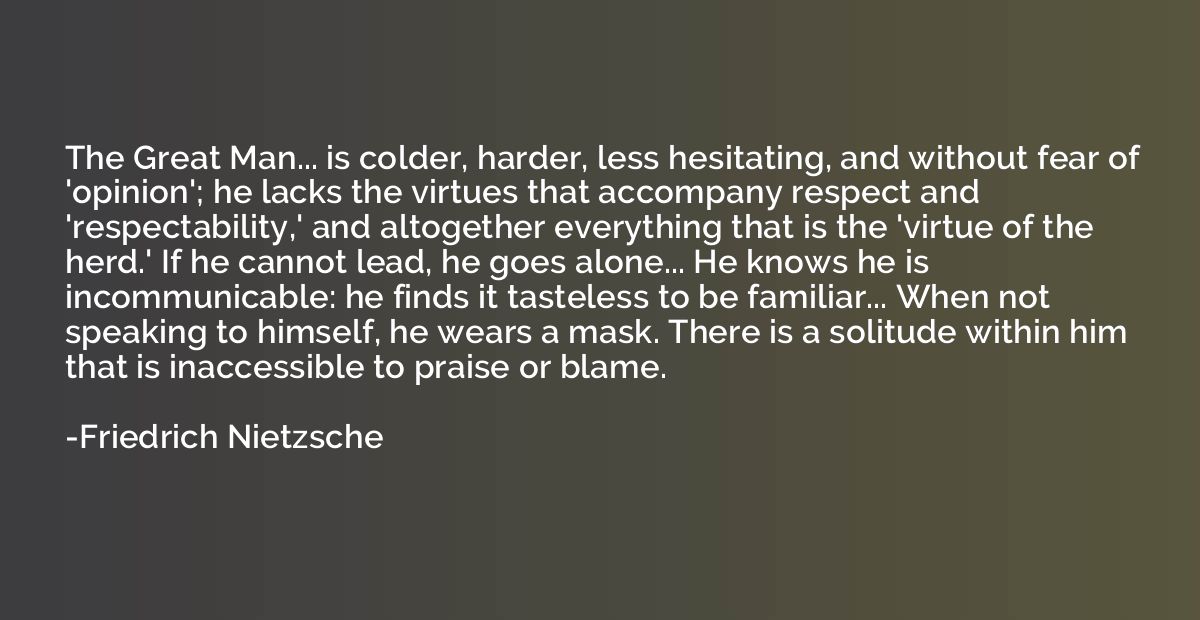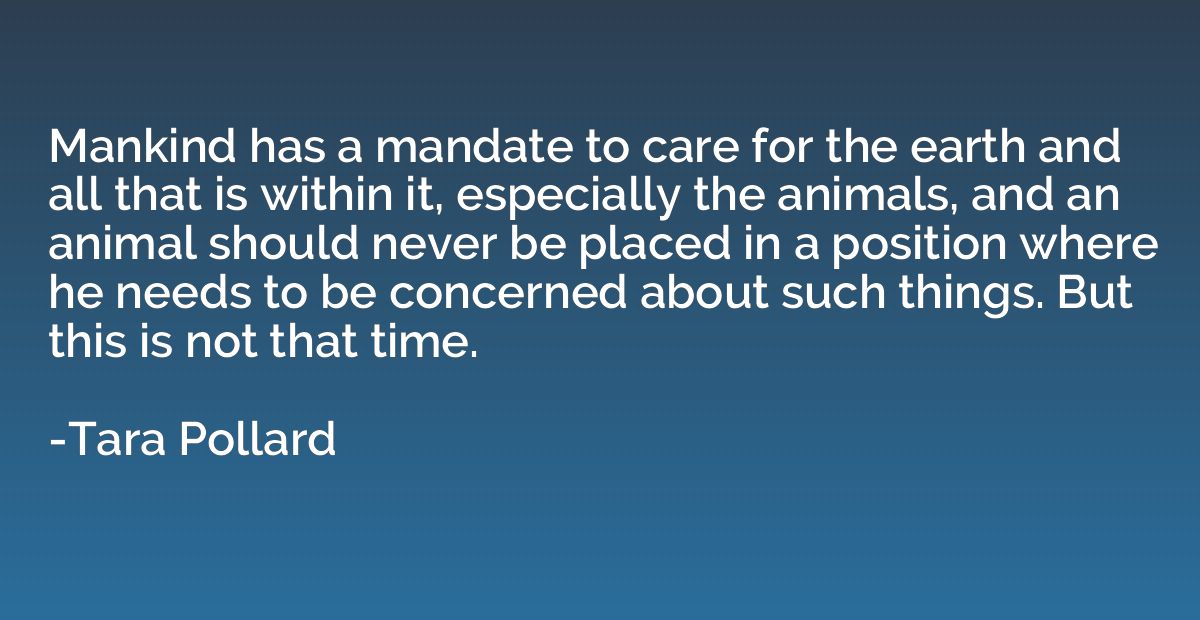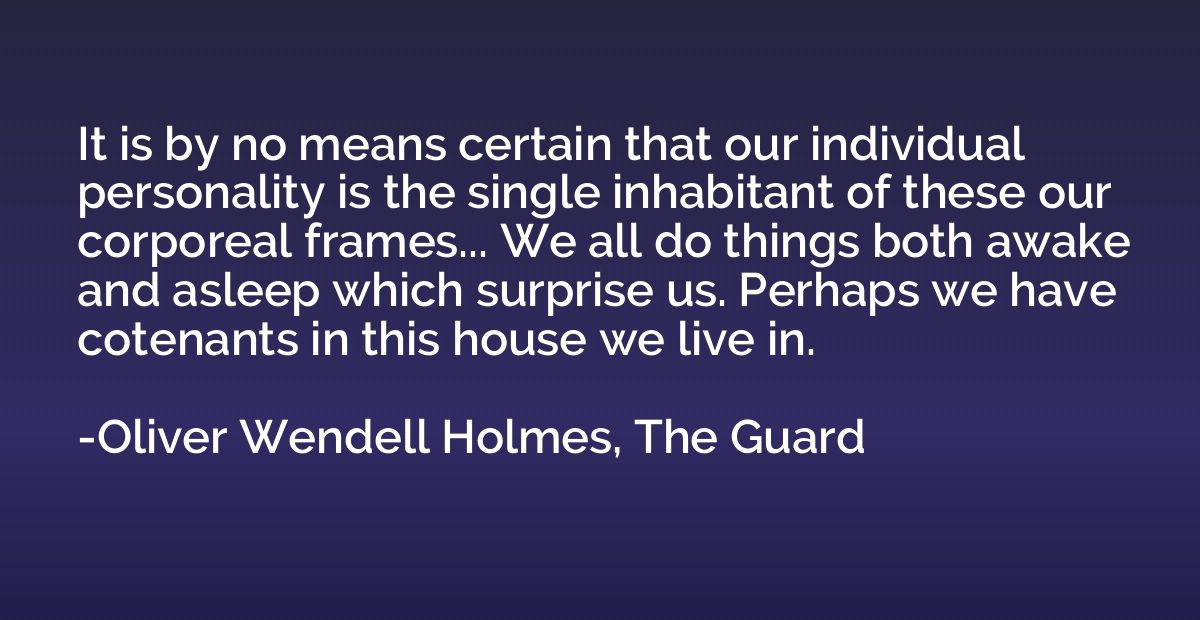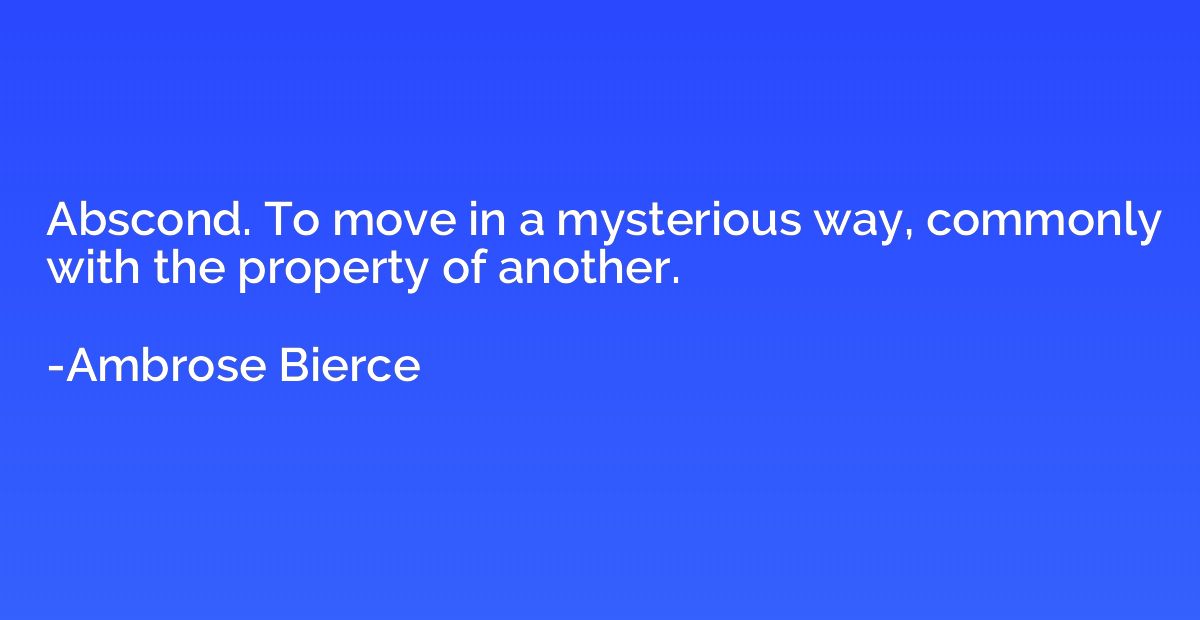Quote by Richard Dawkins
Just because science so far has failed to explain something, such as consciousness, to say it follows that the facile, pathetic explanations which religion has produced somehow by default must win the argument is really quite ridiculous.
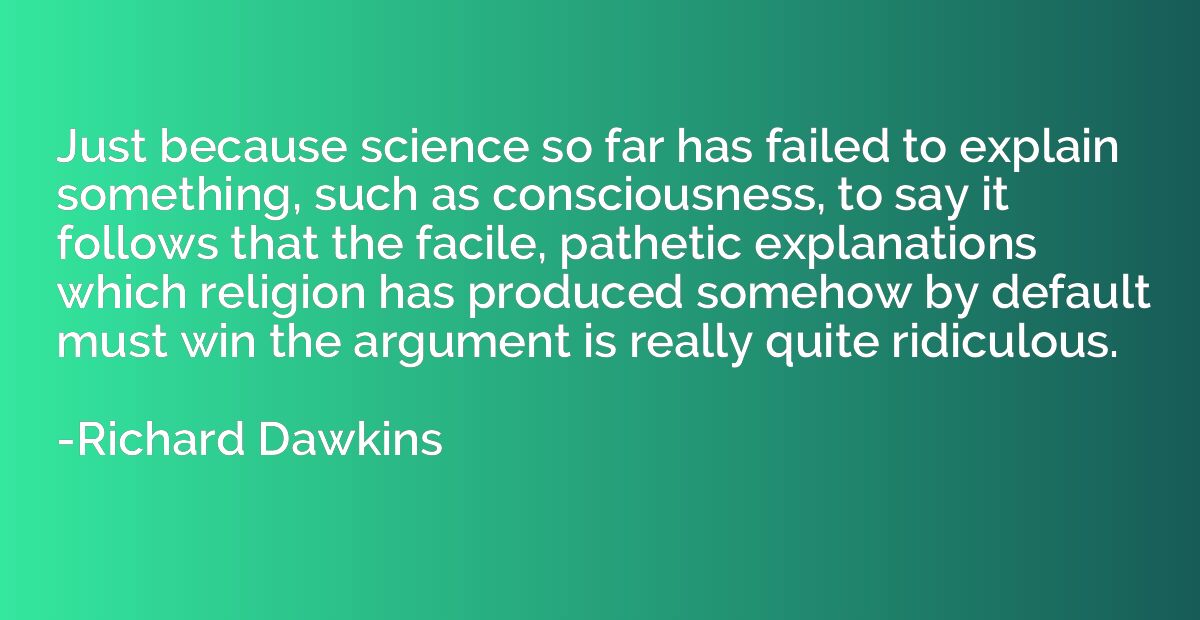
Summary
This quote asserts that attributing unexplained phenomena, like consciousness, to religious explanations solely because science has not provided a satisfactory answer is an irrational notion. It highlights the absurdity of assuming that religion automatically triumphs in such debates by default. The quote emphasizes the need to seek logical and well-founded explanations rather than resorting to simplistic or unsatisfying solutions in the absence of scientific understanding.




